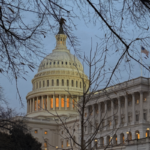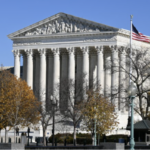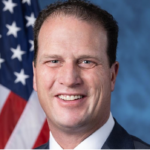The Texas House passed a bill aimed at tightening restrictions on how much property tax revenue cities and counties can collect annually without voter approval, intensifying a years-long effort to limit local tax growth.
The legislation, Senate Bill 10, lowers the current cap from 3.5% to 1%.
“I believe that we need to venture and do everything we can at the state level to provide lower taxes to our constituents,” said Rep. Morgan Meyer (R), who carried the bill in the House.
The measure cleared the chamber in a 78–52 vote and now heads back to the Senate, which can either accept the House’s changes or enter negotiations.
Initially, SB 10 applied only to cities and counties with at least 75,000 residents. House lawmakers removed that population threshold, meaning the bill would now apply statewide. The House also adopted a significant amendment exempting public safety spending, such as police, fire, and EMS services, from the new revenue cap.
Democratic lawmakers and local officials had raised concerns that the stricter cap could jeopardize essential services.
“I don't see how there's not a public safety hit that our local governments are going to take,” said Rep. Chris Turner (D), warning that local leaders may have to seek voter approval just to maintain current staffing levels.
Cities and counties are already constrained by the existing cap implemented in 2019, and many are grappling with reduced sales tax revenue, growing populations, and the end of federal pandemic aid.
Despite these challenges, proponents of the bill argued that local governments should be held accountable and can seek voter approval when higher revenue is needed.
“This is about providing accountability,” Meyer said. “If [local governments] plan accordingly, they should be able to cover all of their core services that are necessary.”
While supporters say the bill will help contain tax burdens, some conservatives argue it doesn’t go far enough.
















